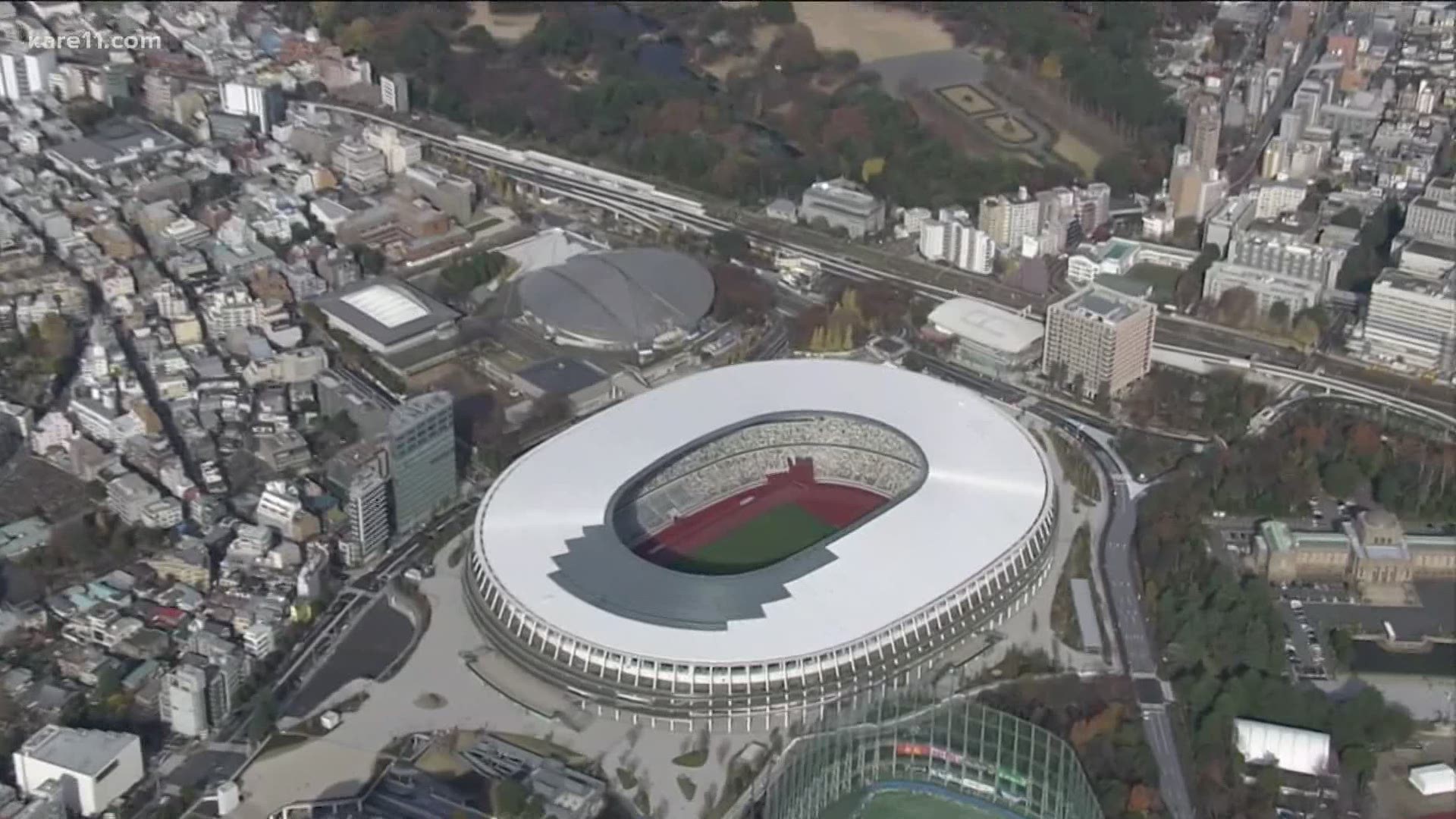MINNEAPOLIS — It’s the world’s biggest stage, but this year there will be no live audience. With COVID-19 rapidly spreading throughout Japan, leaders say they have no choice but to ban spectators from Tokyo’s Olympic games.
"They're not taking any gambles on this one," said John Wendt, a University of St Thomas professor emeritus who teaches Sports Law. "They’ve got to protect their risk, and this is the least risky option."
And that risk is high.
Japan’s had more than 800,000 COVID cases, and only a quarter of its population has had at least one vaccine shot. So its prime minister declared a state of emergency, saying he wants to protect both fans and the 11,000 athletes, even if that means empty venues.
"It's going to have an effect on your performance," said Wendt. "You always see people get jacked up in front of a crowd. Some people love it, some people are a little bit hesitant about performing."
It’ll also impact revenue. With more than 300 events, Japan could lose $800 million in ticket sales. But experts say it won’t change the spirit of competition.
"It's the performance on the field that generates the excitement," said Wendt. "That’s the thrill of the event."
And of events to come. Leaders now hope COVID won’t affect the next Olympics; Beijing’s winter games are just seven months away.

